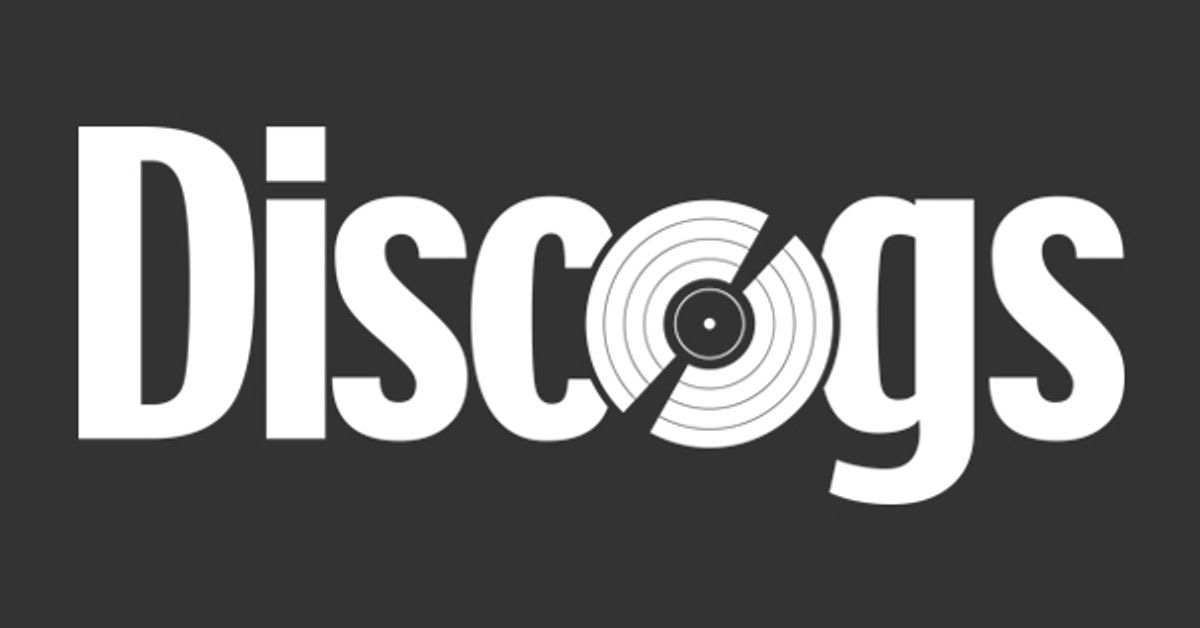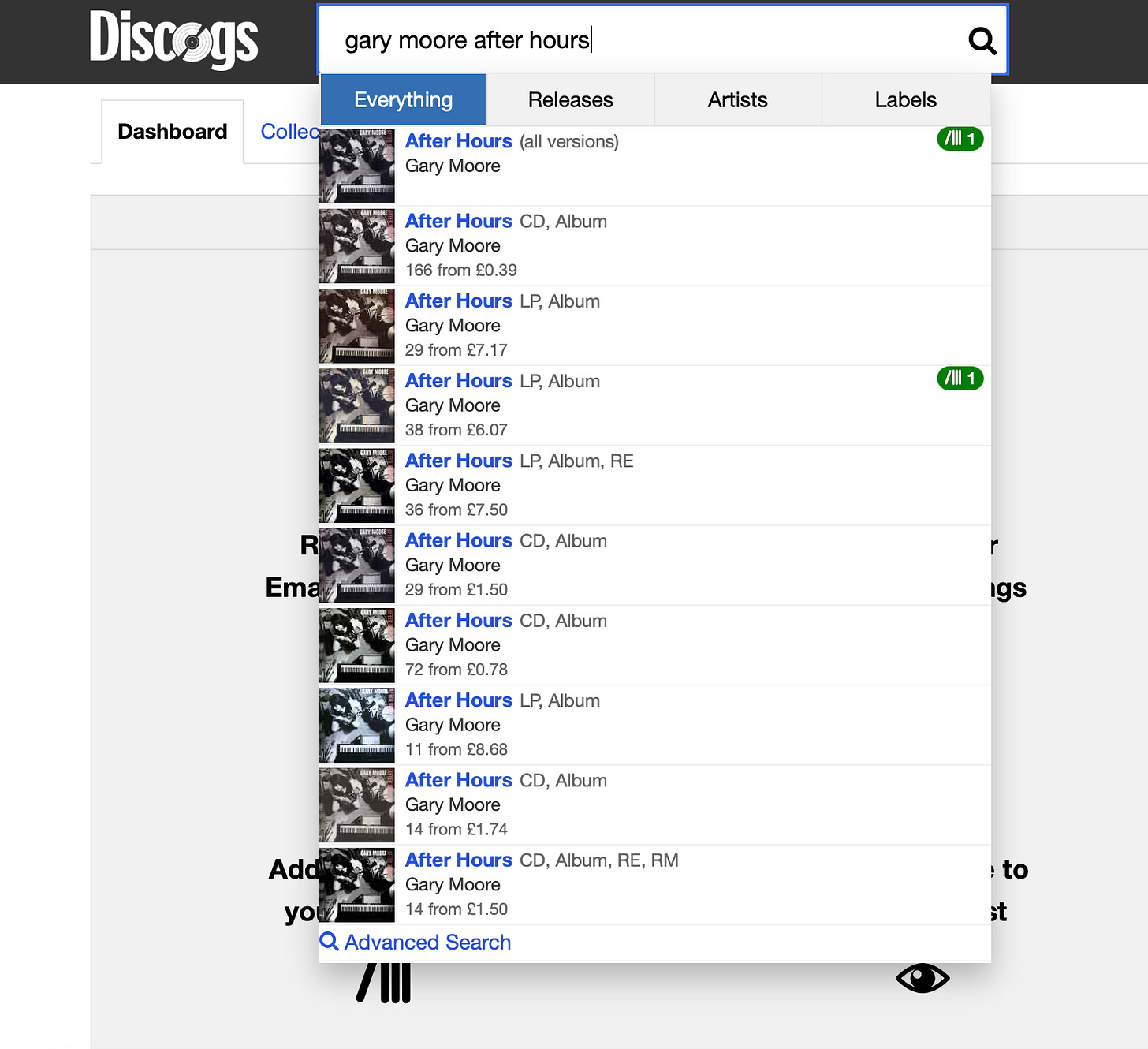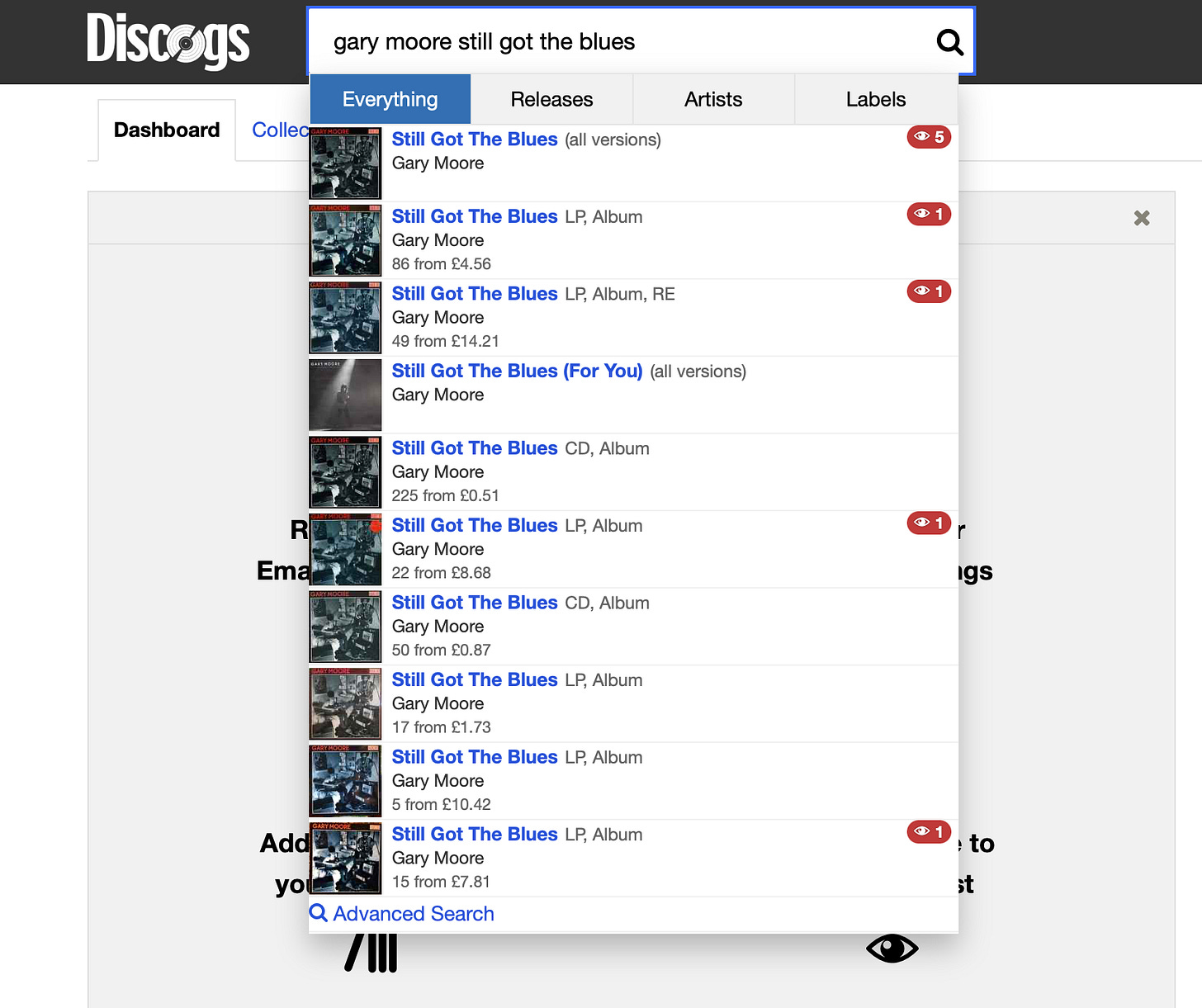Put them in their place
As you get older, you lose patience (and your memory!) for certain things

Situation: you are crate digging and find a gem at a great price. As you are about to pay, a little voice in your head asks the dreaded question: do I already have this record?
We’ve all been there. As your collection grows, things get messy.
If organising your records sounds boring and time-consuming, I’ve got you covered.
Benefits
When your records are organised, they are more likely to get cleaned regularly and stored properly. Keeping your records organised creates a habit of looking after them and giving them a dedicated space—not only on your shelves, but also in your mind.
If your records don’t belong in a specific place, they don’t truly belong anywhere, so they end up in random places like the kitchen table or on the floor. Before you know it, a glass of water spills, or your adorable toddler is drawing on them.
Organising your records also helps you find them more quickly. This is particularly important for big collections. Otherwise, you can spend ages looking for records.

Systems
Ideally, your records should be organised physically as well as digitally.
Common systems include alphabetically regardless of genre, alphabetically within genres, by vibe, chronologically, and so on. Choose a system that works for you and your spatial circumstances, and stick with it.
You can devise a really cool and innovative system, but if you forget about it, or end up putting records in the wrong place, the system was too complicated to begin with.
Keep things simple. The system should aid you, not the other way around.

If your records don’t belong in a specific place, they don’t truly belong anywhere
Keeping track
Keeping track of what you own (and want) is tremendously helpful when crate digging.
I use Discogs a lot for this. I don’t like the Discogs app, so I access it via browser on my phone.
When you buy a new record, add the specific release to your Discogs collection. When you come across a record you really like but can’t immediately buy, add it to your Discogs wantlist.
Dicogs is not the only way to keep your collection digitally organised, but it’s by far the most practical (big plus: it’s free to use).
You can experiment with spreadhseets or other custom-made digital systems, but they are not as reliable.
If the prospect of adding every single record sounds daunting, do this progressively (e.g. as and when you play them).
Quick search
On the Discogs page on your browser, type the artist’s name and record title in the search bar.
You can quickly see whether it’s already in your collection or wantlist.
How organised are you with your records? Let me know in the comments.
Thanks for reading/listening. Happy spinning!







I am in the middle of creating a digital spreadsheet of my album collection, at the same time as adding to Discogs. I don’t trust it will not suddenly disappear or somehow get corrupted or altered in Discogs.
It’s super slow going - I’m 200 in on 1500 albums. And I’m adding conditions and “resale value.” But that may be silly because there are too many factors for that and it’s an always changing number.
Speaking of which, what is the best way to estimate what an album might sell for? What I was doing is taking the median sale price on Discogs if available or looking at what comparable recent sales went for.
When I had my extensive LP collection, I organised them in strict alphabetical order by band/artist. 12” singles, 7” singles, CDs and CD singles (remember them?) each with their own separate boxes.
Sometimes I was mocked for being obsessive about this but, as you say, it’s the only way to cherish a collection. I’d be using Discogs now, too, if I still had the records. (Why I haven’t is a whole other post I’ll write sometime.)